Why is it worth sorting waste - recycling and impact on the environment

Waste segregation aims to reduce the amount of illegal landfills and speed up the waste processing process. Waste processed by the Municipal Economy can be reused.
Is waste segregation necessary?
Recycling and its impact on the environment - ecological actions
The process of segregation at home, in the office, in institutions, as well as saving water, electricity or gas are actions that support the ecological system. Compounds released into the air contribute to the formation of acid rain, the greenhouse effect, dust and smog. They can also cause health problems such as migraines, allergies or breathing difficulties.
Selective waste collection and recycling have a positive impact on environmental protection. Ecological products made from recycling are gaining popularity due to the reduced amount of pollution they produce.
Also check out: Ecological hygiene products - Ecolabel ecological certificate
What is waste segregation?
Selective waste collection involves placing waste in the appropriate container for:
- paper,
- glass
- metals and plastics,
- biodegradable waste
- mixed waste.
The use of color affects memory, which is why the segregation process is facilitated by containers, stickers or pictograms in the appropriate color:
- bins,
- stickers or pictograms,
- garbage bags.
Colors allow for the recognition of the type of container and proper placement of waste in them.
See also: How to correctly segregate waste?
Kitchen waste bins
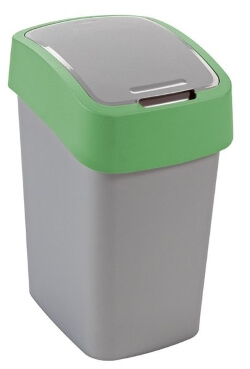
Containers placed at hand help with quick waste segregation. Depending on the amount of waste, it is worth equipping yourself with waste bins of appropriate capacity. Free-standing kitchen waste bins from Curver are a practical solution. Colorful Curver FLIP BIN containers for segregation are available in 10, 25 and 50 liter versions.
Sanitary waste bins
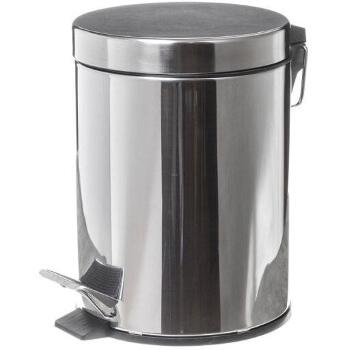
5 liter Faneco stainless steel waste bin with gloss
It is also worth implementing solutions that will facilitate the collection of sanitary waste in the bathroom. In toilets, the best options are pedal bins or automatic bins that are easy to use and ensure a high level of hygiene during use.
Segregation bin in public spaces
 Waste segregation bin 3 x 80 liters Faneco stainless steel matte
Waste segregation bin 3 x 80 liters Faneco stainless steel matte
Maintaining order in public places, especially in shopping centers with high traffic and increased amount of waste, requires proper equipment. The best solution for segregation are bins with designated compartments for waste. Steel containers, due to their durability, work very well in public spaces.
How can segregated waste be utilized?
Consumables made from waste paper are products produced from segregated paper waste. The assortment, often used in toilets with high and very high traffic, is a cheap and efficient solution. Companies that care about the environment offer consumables made from waste paper such as folded ZZ paper towels and toilet paper from Faneco.
Author: Katarzyna Szumska









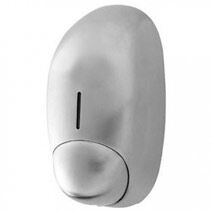

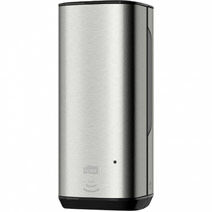
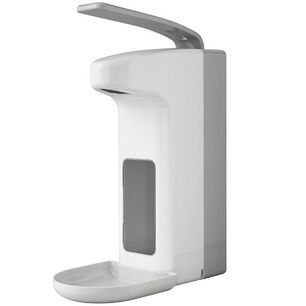
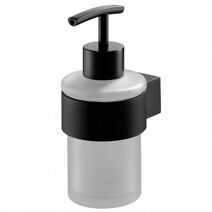
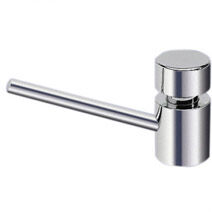
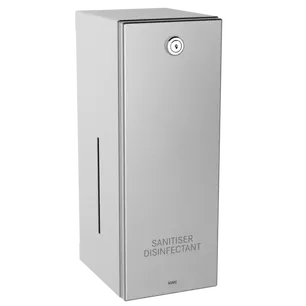

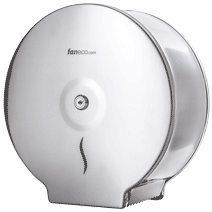

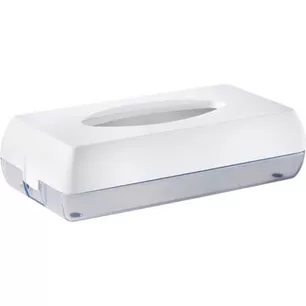
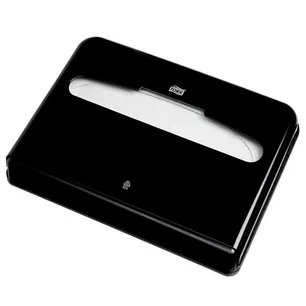
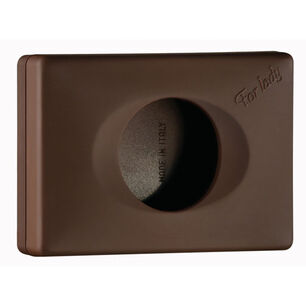
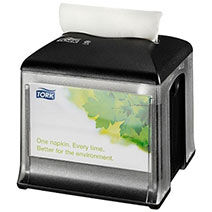

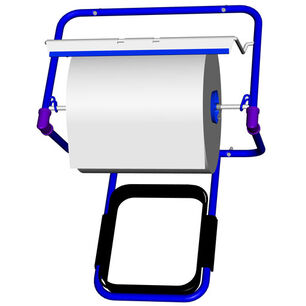
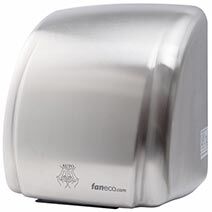
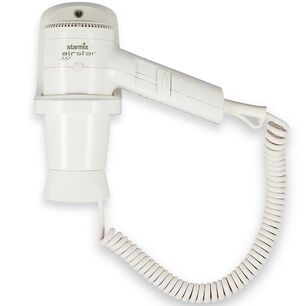
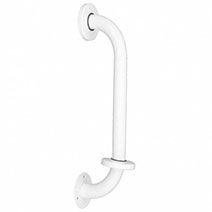
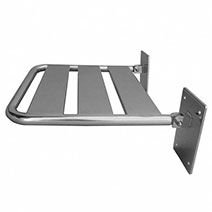
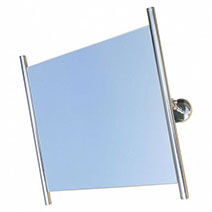
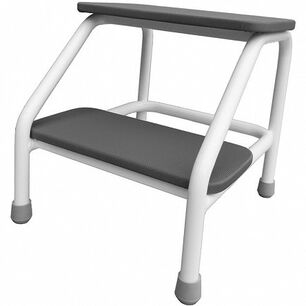
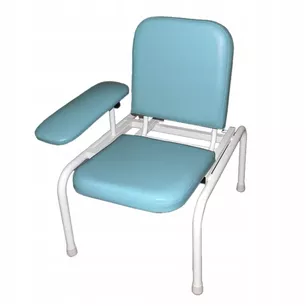
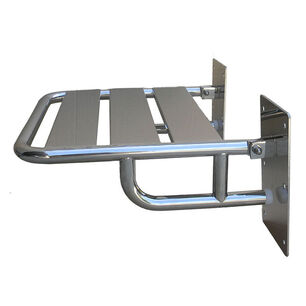



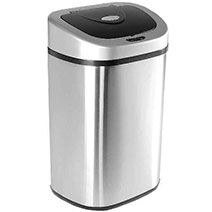
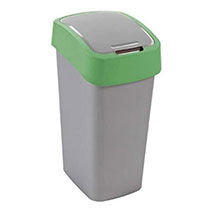
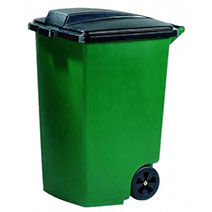


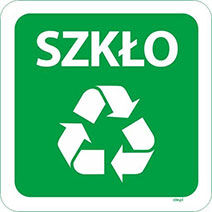
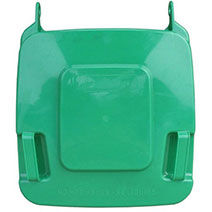
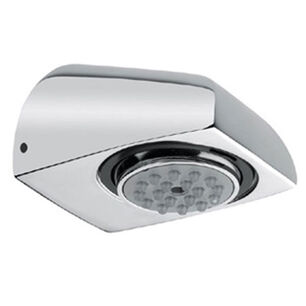
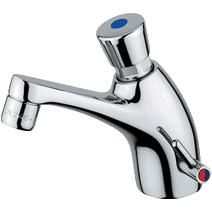
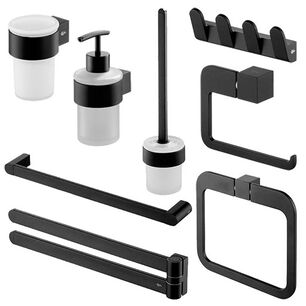
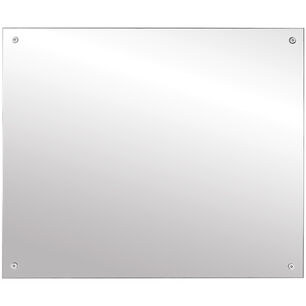
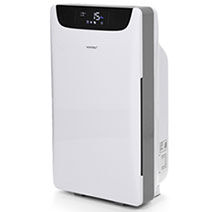


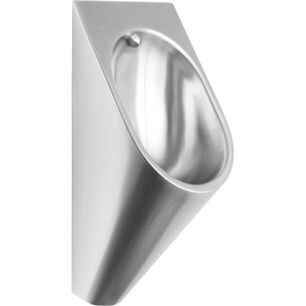
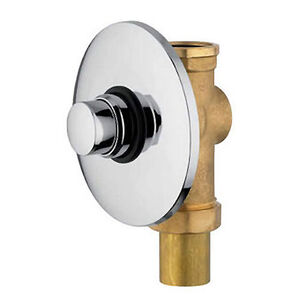
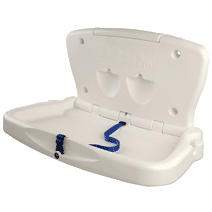
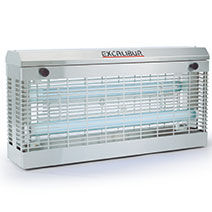
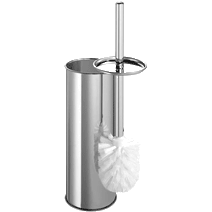
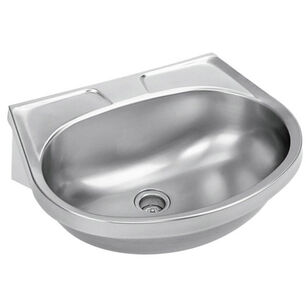
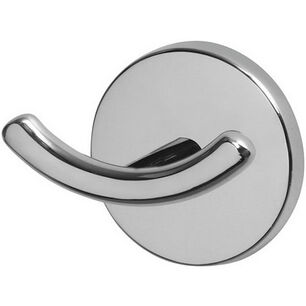
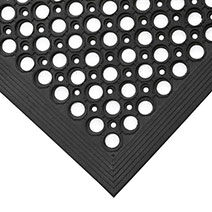
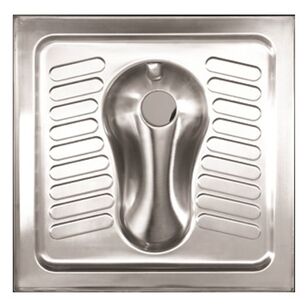
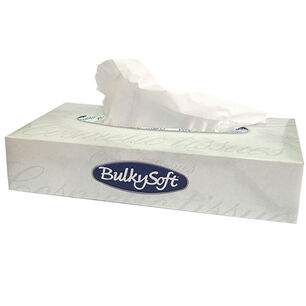
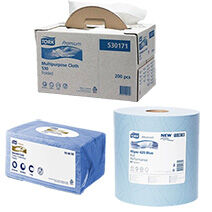
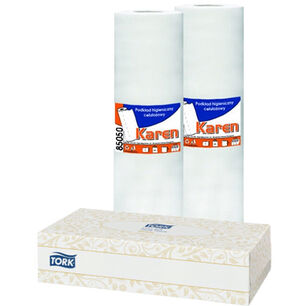
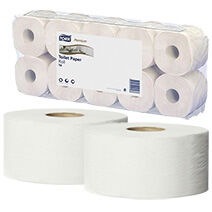

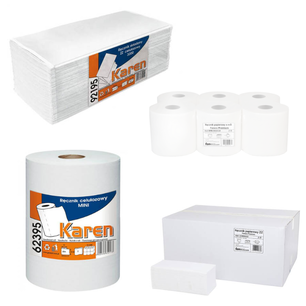
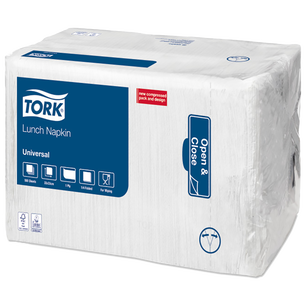
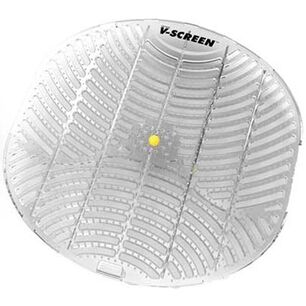
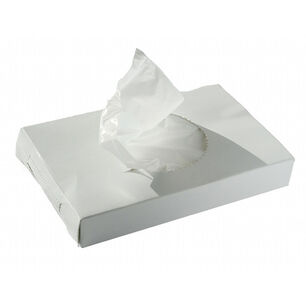
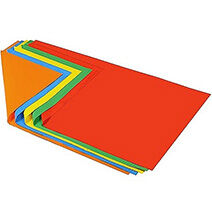
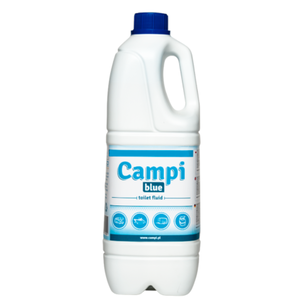
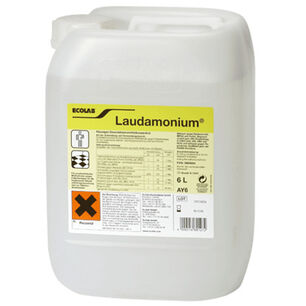
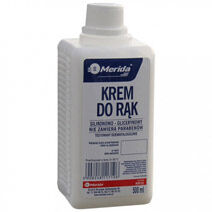
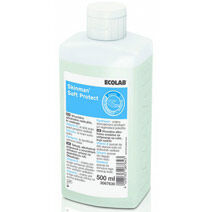
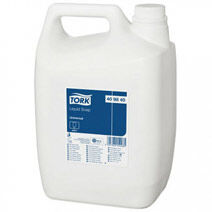
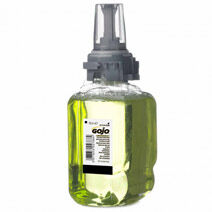
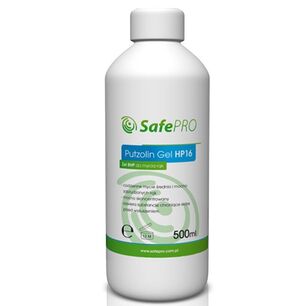
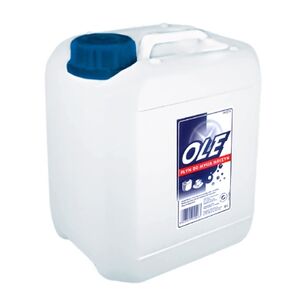
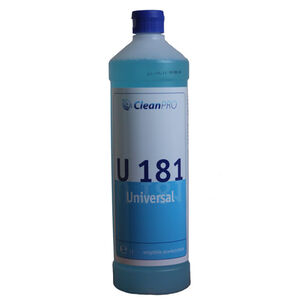
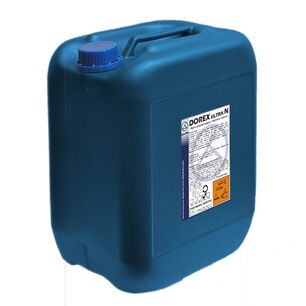
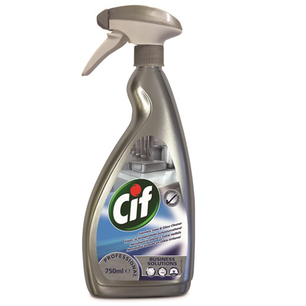
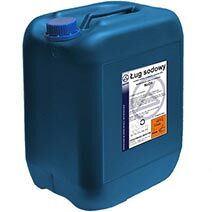

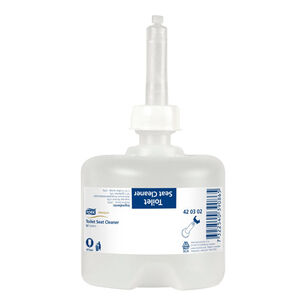
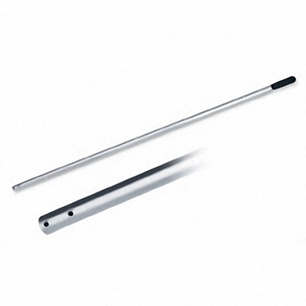
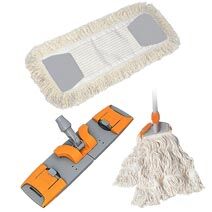

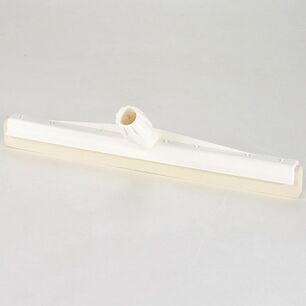

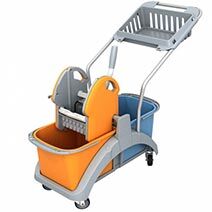
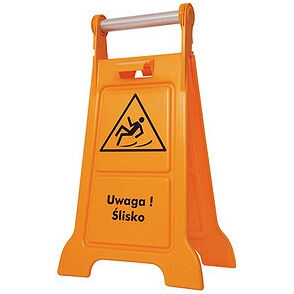

 Polski
Polski
 Czech
Czech
 German
German
 Spanish
Spanish
 Slovak
Slovak